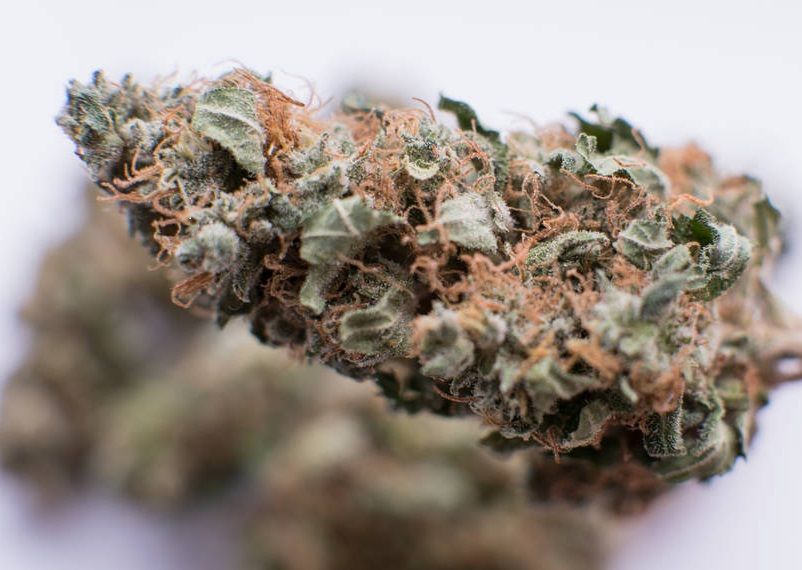In a new report the Food and Drug Administration (FDA), a branch of the Department of Health and Human Services (HHS), detailed the agency’s review of marijuana as a Schedule I drug.

In August, in a letter addressed to DEA Administrator Anne Milgram, the Department of Health and Human Services (HHS) asked for marijuana to be reclassified as a Schedule III drug under the Federal Controlled Substances Act following a nearly year-long review at the FDA.
Now, the FDA says that when conducting its review, the agency not only examined a plethora of scientific research, they had a team of researchers who spent months analyzing thousands of posts on various social media platforms, many of which were marijuana consumers putting forth anecdotal evidence of its therapeutic and medical benefits.
The report, conducted by the FDA’s Center for Drug Evaluation and Research, says the agency “conducted an expansive review of numerous data sources to inform a scientific and medical assessment called an Eight Factor analysis (8FA)”, saying that “As part of CDER’s cross-center evaluation of marijuana, the CDER Office of Surveillance and Epidemiology (OSE) completed a review of epidemiologic and pharmacovigilance data sources to inform the 8FA provided to DEA”.
In addition, the report details how a team of researchers spent six months on a “detailed qualitative analysis of online and social media conversations occurring about marijuana”, and they “completed an assessment of the capabilities and usefulness of a variety of epidemiologic, pharmacovigilance, and drug utilization data sources for monitoring the safety of unapproved cannabis-derived products.”
In early December HHS released an over 250 page document explaining their rationale for wanting the DEA to reschedule marijuana, with some of the information redacted (it wasn’t until the following month that the department released the fully unredacted document). Over 150 of these pages were spent discussing marijuana’s potential medical value. The department argues that since marijuana does have known medical value, it should not be classified as a Schedule I drug.
Rescheduling marijuana to Schedule III would legalize it for prescription use nationwide, while providing medical marijuana patients and businesses with a bevy of federal protections and opportunities.
For a full timeline and breakdown of the current rescheduling effort, click here.








